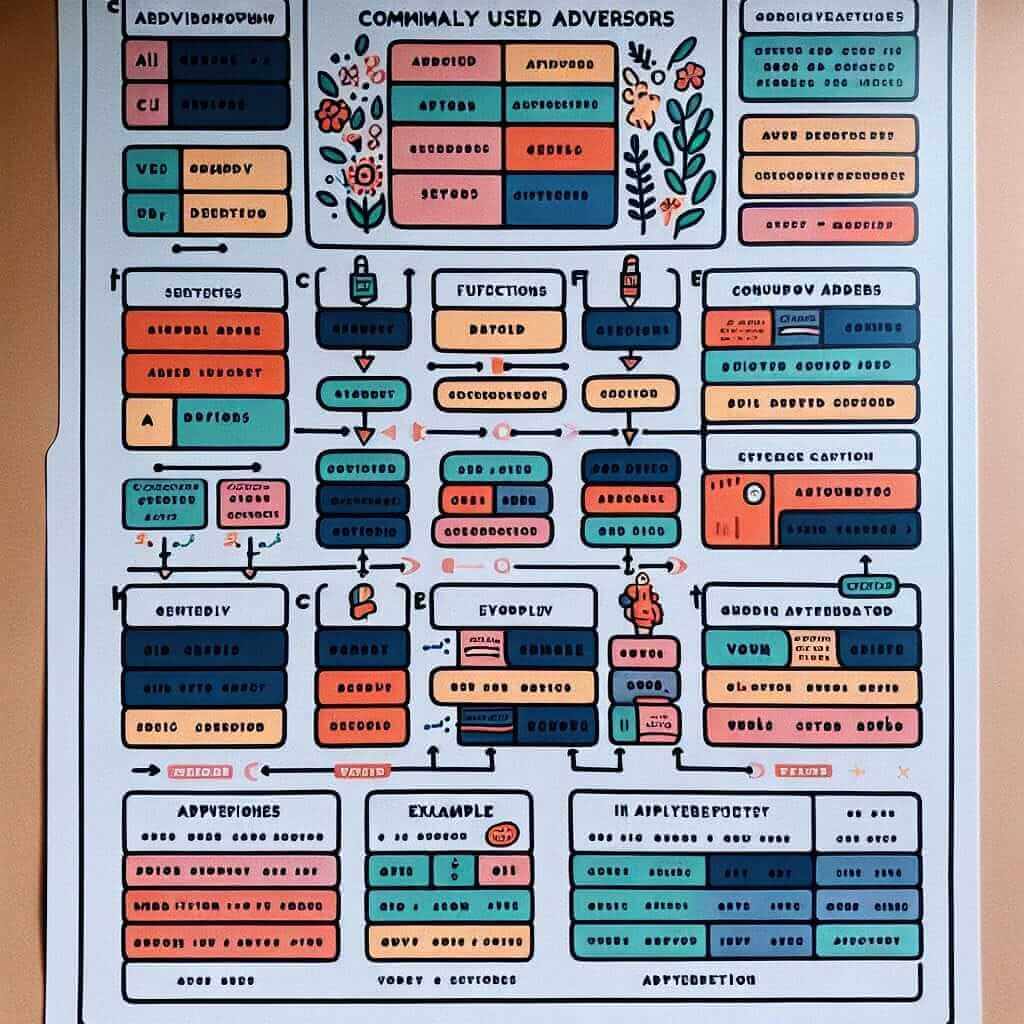“Inasmuch as we tried, we couldn’t save it” is a sentence that might sound a bit formal, but it conveys a sense of concession, frustration, and perhaps even sadness. The phrase “inasmuch as” is a conjunctive adverb that connects two clauses, highlighting the contrast between our efforts and the unfortunate outcome. In the IELTS exam, especially in the Writing and Speaking sections, demonstrating control over such advanced linking words can significantly enhance your score.
Let’s consider a few examples of how “inasmuch as” and similar conjunctive adverbs can be used in different contexts:
Example 1 (Speaking): “I’m enjoying my university course inasmuch as it’s challenging, but I do find the workload quite heavy at times.”
Example 2 (Writing Task 2): “While technology has brought numerous benefits to education, it’s crucial to ensure that students aren’t becoming overly reliant on digital devices.”
Example 3 (Writing Task 1): “The company’s profits increased steadily in the first quarter. However, there was a sharp decline in the second quarter due to unforeseen economic factors.”
In each of these examples, the conjunctive adverb serves as a bridge between two ideas, revealing a nuanced relationship between them.
Understanding “Inasmuch As” and Its Synonyms
The phrase “inasmuch as” is a formal expression that means “to the extent that” or “considering that.” It often introduces a statement that qualifies or limits a previous statement, creating a sense of contrast or concession. While not as common in everyday speech, its understanding and usage can significantly enrich your IELTS writing, particularly in Task 1 and Task 2 where you are expected to demonstrate a wider range of vocabulary and grammatical structures.
Here’s a breakdown of its usage and some synonyms:
Meaning and Usage
“Inasmuch as” is used to:
- Introduce a reason or explanation: “Inasmuch as the weather was so bad, we decided to stay indoors.”
- Express a limitation or qualification: “The new policy was successful, inasmuch as it reduced unemployment.”
- Highlight a contrast: “Inasmuch as he worked hard, he didn’t achieve his goals.”
Synonyms for “Inasmuch As”
Several synonyms can be used interchangeably with “inasmuch as,” each with slight nuances in meaning:
- Insofar as: This synonym is very close in meaning to “inasmuch as” and is often used interchangeably.
- To the extent that: This phrase emphasizes the degree or limit of something.
- Considering that: This phrase emphasizes the reason or basis for something.
- Given that: Similar to “considering that,” this phrase introduces a known fact or situation.
- While/Although/Even though: These conjunctions are more common in everyday speech and introduce a contrasting idea.

Using “Inasmuch As” Effectively in IELTS
Let’s examine how “inasmuch as” and its synonyms can be employed in different sections of the IELTS exam:
IELTS Writing Task 1:
- “While the graph shows an overall increase in sales, it’s worth noting that there was a slight dip in June.” – This sentence effectively uses “while” to acknowledge a contrasting detail within a general trend.
- “Inasmuch as the data for 2022 is incomplete, it’s difficult to draw definitive conclusions about long-term trends.” – This sentence uses “inasmuch as” to point out a limitation in the data.
IELTS Writing Task 2:
- “Although technology has revolutionized communication, it’s important to consider the potential for social isolation.” – This sentence uses “although” to introduce a counter-argument, presenting a balanced perspective.
- “Given that climate change is a global issue, it requires international cooperation to find effective solutions.” – This sentence effectively uses “given that” to state a known fact as a basis for the argument.
IELTS Speaking:
- “I enjoy living in a big city insofar as it offers convenience and excitement, but I do miss the peace and quiet of the countryside sometimes.” – This statement uses “insofar as” to express personal preferences with a balanced view.
Achieving Band 7+ with Conjunctive Adverbs
Using conjunctive adverbs like “inasmuch as” and its synonyms demonstrates a strong command of grammatical structures and allows you to express complex ideas with greater clarity and sophistication. This can significantly contribute to achieving a Band 7 or higher in the IELTS writing and speaking sections. However, it’s crucial to use them accurately and appropriately to avoid confusing the reader or listener.
Here are some tips for effectively incorporating conjunctive adverbs:
- Use them sparingly: Don’t overuse conjunctive adverbs, as it can make your writing sound overly formal or repetitive.
- Vary your language: Use a variety of conjunctive adverbs and synonyms to make your writing more engaging and sophisticated.
- Ensure clear connections: Make sure the relationship between the clauses connected by the conjunctive adverb is clear and logical.
Common Mistakes to Avoid
- Incorrect punctuation: Remember that conjunctive adverbs are usually followed by a comma when they appear at the beginning of a clause.
- Using them as conjunctions: Conjunctive adverbs cannot be used as coordinating conjunctions (e.g., “and,” “but,” “or”). They require a semicolon before them and a comma after them when connecting two independent clauses.
- Overuse: Using “inasmuch as” or similar phrases too frequently can make your writing sound repetitive and overly formal.
Conclusion
Mastering conjunctive adverbs like “inasmuch as,” “although,” “while,” and their synonyms is a valuable asset for achieving success in the IELTS exam. By using these words effectively, you can demonstrate a strong command of grammar, express complex ideas clearly, and achieve the high band score you aim for. Remember to practice incorporating them into your writing and speaking to build fluency and accuracy.